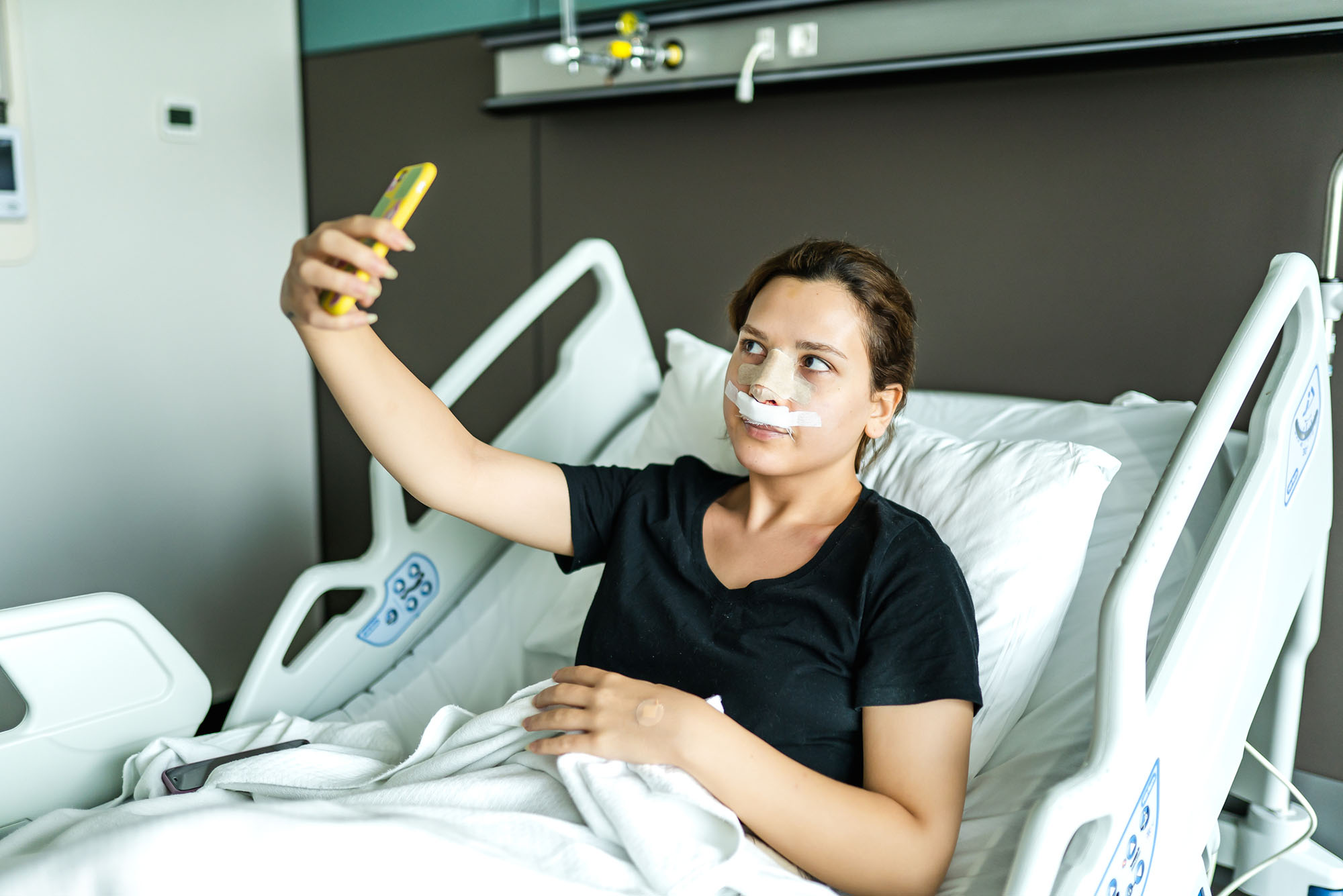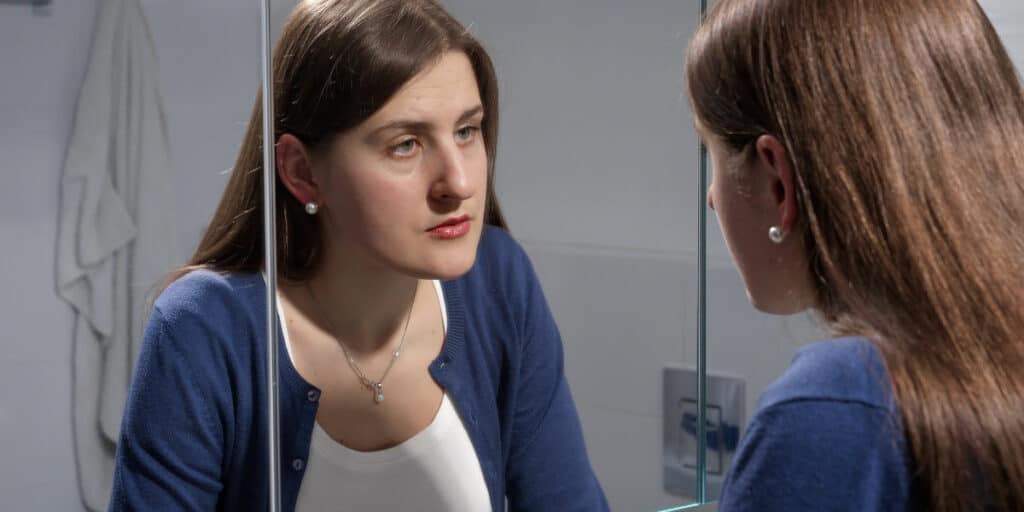An All Natural Method to Cosmetic Surgery: Why Mental Checks Matter
In current years, the importance of including psychological evaluations into the cosmetic surgery procedure has actually acquired increasing attention. An alternative technique not only deals with the physical aspects of surgical procedure however additionally highlights the emotional readiness of the person, which is important for attaining desired end results.
Understanding Psychological Readiness
Before undertaking plastic surgery, it is critical for people to examine their emotional preparedness, as this evaluation can dramatically influence both the decision-making process and the general end results of the treatment. Psychological readiness includes a person's psychological security, coping systems, and practical expectations concerning the surgical treatment and its outcomes.

Mental wellness assessments performed by qualified specialists are indispensable in this context. They can help determine any type of underlying psychological problems, such as body dysmorphic condition or stress and anxiety, which might make complex the medical process. Ultimately, an honest assessment of mental readiness not just supports informed decision-making but also fosters a much more positive surgical experience, boosting the likelihood of accomplishing preferred end results and promoting long-lasting health in the patient's life.
The Function of Inspiration
Comprehending psychological preparedness is very closely intertwined with the inspirations behind seeking cosmetic surgical treatment. Motivation functions as a vital driver that influences a person's decision-making procedure and overall contentment with the outcomes. Applicants might be encouraged by numerous aspects, including personal insecurities, social stress, or a need for self-improvement. Recognizing the underlying motivations can expose insights right into the person's mental state and readiness for the treatment.
Innate inspirations, such as a real need for self-enhancement and self-confidence, are normally connected with much more favorable end results. Alternatively, extrinsic inspirations-- like looking for recognition from others or attempting to fit societal perfects-- may suggest unsettled mental issues that can make complex the surgical journey.
In addition, recognizing these motivations helps healthcare professionals to examine the appropriateness of the treatment and the possibility of accomplishing wanted results. It is vital for specialists to take part in open conversations with patients, allowing them to articulate their factors for pursuing surgical treatment. By discovering motivations thoroughly, specialists can better make sure that individuals are prepared not only for the physical adjustments but likewise for the emotional and emotional ramifications that come with plastic surgery.
Common Mental Problems
Numerous mental problems can arise in individuals considering cosmetic surgical treatment, significantly affecting their total experience and contentment with the procedure. One key issue is body dysmorphic disorder (BDD), identified by an obsessive focus on regarded imperfections in appearance. This condition can lead people to seek multiple surgeries trying to find an unattainable ideal, often resulting in frustration and psychological distress.
Furthermore, anxiousness and depressive signs and symptoms might appear in prospects for plastic surgery, originating from pre-existing psychological wellness concerns or the stress related to social criteria of elegance. These people might nurture unrealistic expectations concerning the outcomes of the surgical browse around this web-site procedure, believing it will fix deeper psychological or psychological issues.
The social ramifications of cosmetic surgical procedure-- such as judgment from peers or modified relationships-- can create feelings of seclusion or regret post-operation. Dealing with these psychological problems is crucial to make sure people are making notified, healthy choices about their cosmetic surgical treatment trip.
Advantages of Psychological Evaluations
A complete emotional analysis can supply substantial benefits for people pondering plastic surgery. Mostly, it aids to determine underlying emotional issues that might impact both the choice to undertake surgical procedure and the anticipated outcomes. By examining these variables, doctor can make sure that prospects have realistic expectations and a healthy and balanced frame of mind, which are vital for complete satisfaction with the outcomes.
In addition, psychological assessments can offer as a preventative measure against prospective post-operative issues. People with unsolved psychological or psychological issues may deal with body image disruptions or depression after surgical treatment - invasive surgery psychological screening. By attending to these concerns ahead of time, experts can give customized assistance and resources, advertising an extra favorable healing experience
In addition, psychological evaluations facilitate educated decision-making. They urge people to review their motivations for looking for cosmetic treatments, permitting deeper self-awareness and factor to consider of different choices. This procedure can cause improved patient-provider interaction, promoting a collective technique to plastic surgery that focuses on psychological and psychological health alongside physical makeovers.
Incorporating Look Into Treatments

In addition, integrating psychological look into the medical process must also consist of recurring assistance. Post-operative follow-ups should attend to both physical recovery and mental change. Offering individuals with accessibility to mental health experts can assist in dealing techniques and practical self-image reinforcement, improving their overall medical experience.

Conclusion
To conclude, the combination of emotional evaluations right into the cosmetic surgery process is essential for promoting individual well-being and improving medical outcomes. By examining psychological readiness, Continue understanding inspirations, and dealing with usual mental wellness issues, medical care carriers can assist in informed top article decision-making and foster much healthier coping strategies. This alternative strategy not only supports people in accomplishing reasonable assumptions yet additionally mitigates the risks connected with underlying mental problems, eventually causing boosted satisfaction and improved post-operative experiences.
Understanding psychological readiness is closely intertwined with the motivations behind seeking cosmetic surgery. By exploring motivations completely, professionals can much better make certain that individuals are prepared not just for the physical changes but also for the psychological and psychological effects that accompany cosmetic surgery.
Countless emotional concerns can develop in individuals thinking about cosmetic surgical treatment, substantially affecting their general experience and fulfillment with the procedure. Dealing with these psychological problems is essential to make certain people are making educated, healthy and balanced choices concerning their cosmetic surgery trip.
An extensive mental assessment can offer considerable benefits for people considering cosmetic surgical treatment. invasive surgery psychological screening.